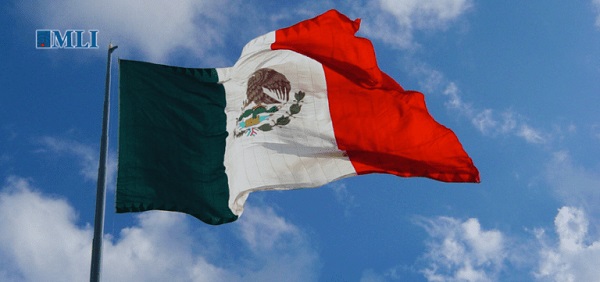With farmland values on the rise in Canada, many farmers are contemplating selling some or all of the land used in their farming businesses. Farmland sales may have GST/HST implications depending on such factors as the nature of the purchaser and the intended use of the land subsequent to sale.
Where a sale of farmland includes a residential home, it will be viewed as two separate transactions:
- the portion that includes the residential home, plus the land that is necessary for the use and enjoyment of the home; and
- the remaining portion of land.
In most circumstances, the sale of used residential real property is exempt from GST/HST. The sale of farmland, however, is generally taxable for GST/HST purposes. Therefore, the allocation of proceeds between items 1) and 2) above become an important consideration within the sale negotiation, and can have a significant impact on the ultimate GST/HST liability.
The term “farmland” is not specifically defined in the Excise Tax Act, though the CRA has provided guidance in GST/HST Memorandum 19.5 — Land and Associated Real Property:
Meaning of “farmland”
For purposes of the farmland exemptions under Schedule V (i.e., sections 10, 11 and 12 of Part I), “farmland” is generally interpreted as land that is regularly used for the purpose of gaining or producing income from a farming business. Any portion of land (other than land forming part of a residential complex), that is not used directly in a farming business but that is part of an entire parcel of land, some of which is used directly in a farming business, may be considered farmland. For example, a bush area surrounded by land used in a farming business is considered to be a part of the entire parcel of farmland. In addition, any fixtures on the farmland that a person regularly uses in the business of farming would form part of the farmland, to which the exemption, if applicable, would apply.
If a farmer sells or transfers ownership of farmland to a related individual who, after the transfer, uses the land for their own personal use and enjoyment, that sale or transfer is exempt from GST/HST. The exemption may also apply where a farmer changes the use of farmland and begins to use the land for their own personal use. This exemption will only apply where:
- the farmland was used at any time by the individual in a commercial activity that is the business of farming;
- the farmland was not used by the individual in a commercial activity other than the business of farming immediately before ownership of the property is transferred; and
- the recipient of the farmland is acquiring it for his or her own personal use and enjoyment or for that of an individual related to the recipient.
For purposes of this exemption, individuals are considered “related” if they are connected by blood, marriage or adoption.
Based on these criteria, the sale of two pieces of identical farmland can result in different tax treatment for GST/HST purposes. For example, Farmer A sells farmland that is currently being used to farm soybeans to an unrelated individual who plans to use the property to build a family home (for their personal use and enjoyment). This sale would be taxable for GST/HST purposes. On the other hand, Farmer B sells to his son an identical parcel of land, also being used to farm soybeans, which the son will use to construct a personal residence. This transaction would be exempt from GST/HST.
It bears repeating that this exception only applies if the farmland was being used as part of the “commercial activity” of farming. Many common farming arrangements will require a comprehensive review of the facts to determine whether the term applies, including farms that are used to supply a secondary income streams, or that are subject to sharecropping agreements.
“Changing the use” of farmland to personal use
A “deemed sale” occurs when an individual ceases to use farmland as a commercial activity in the business of farming and begins using it for personal use. This deemed sale is considered an “exempt supply” with no GST/HST implications. As with third-party sales, this is a specific exception to the imposition of GST/HST related to farmland only. If similar land is appropriated for personal use from another commercial activity that is not the business of farming, a GST/HST liability may be triggered.
Reporting the GST/HST
When selling land that is subject to GST/HST, the seller is generally required to collect the applicable tax and remit to the CRA. However, if the purchaser is also registered for GST/HST, they are required to remit the tax directly by way of a self-assessment on the applicable GST/HST tax return.
Contact your Collins Barrow office advisor for more information and guidance.
Jason Melo, CPA, CA, CFP, CPA (Illinois) is managing partner in the Leamington office of Collins Barrow.
Derek Krakana, CPA, CMA is a senior tax analyst in the Leamington office of Collins Barrow.
Want to get in touch with Jason or Derek?
Connect with Jason at [email protected] or Derek at [email protected].
Collins Barrow Red Deer.
Related




 Brownstone Institute2 hours ago
Brownstone Institute2 hours ago
 Economy14 hours ago
Economy14 hours ago
 Alberta12 hours ago
Alberta12 hours ago
 Energy13 hours ago
Energy13 hours ago
 Bruce Dowbiggin1 hour ago
Bruce Dowbiggin1 hour ago
 Brownstone Institute1 day ago
Brownstone Institute1 day ago
 Crime2 days ago
Crime2 days ago
 Alberta1 day ago
Alberta1 day ago
















